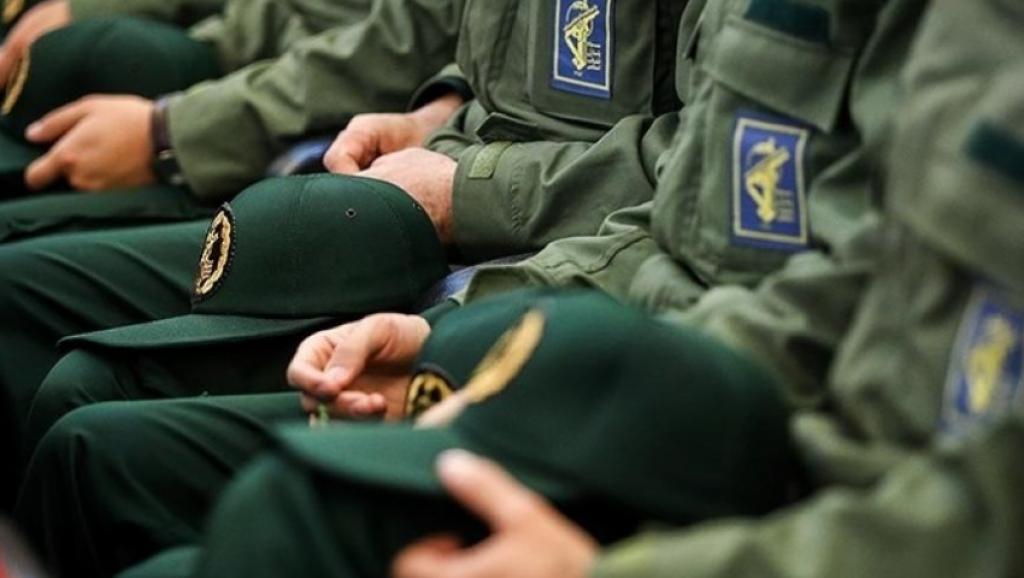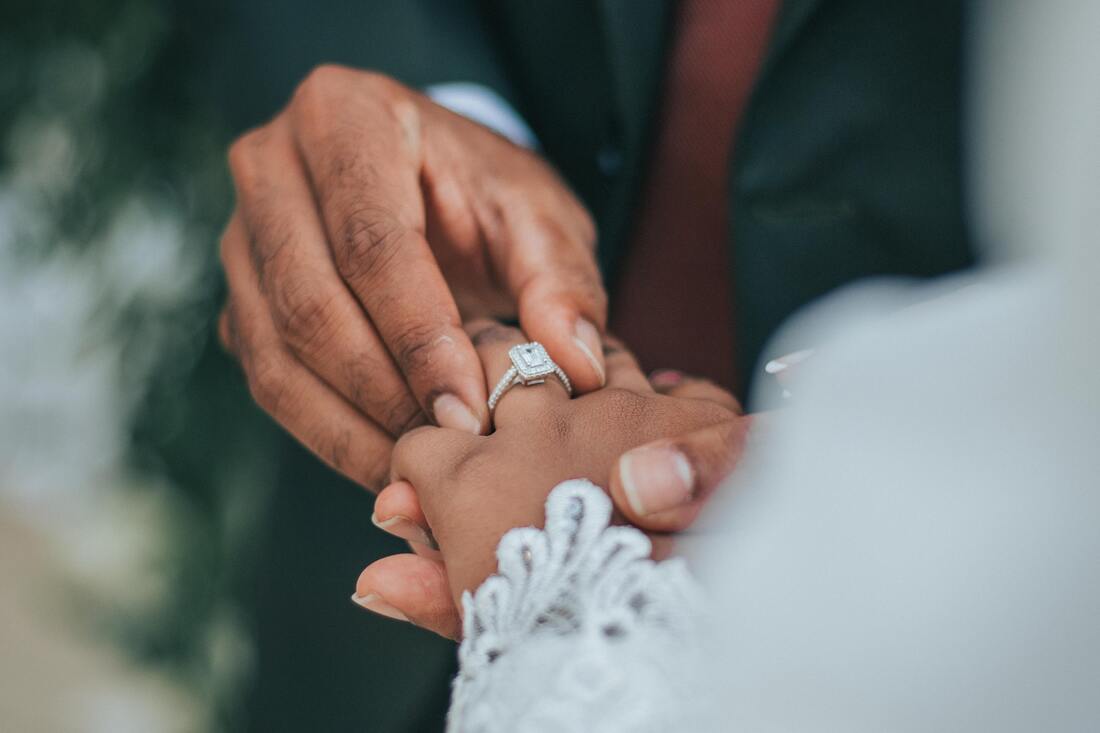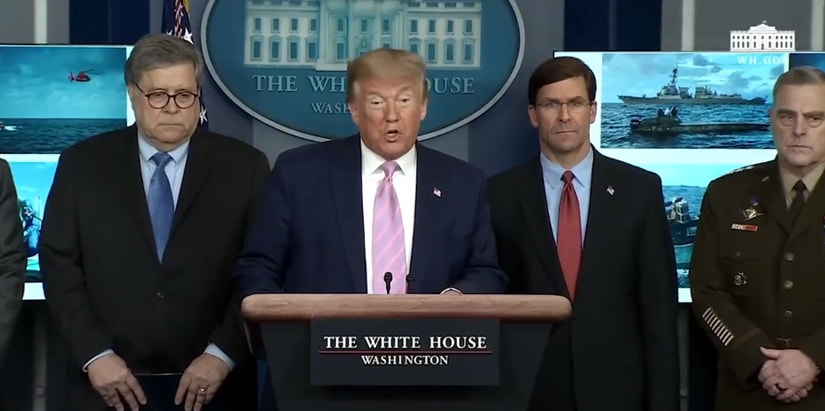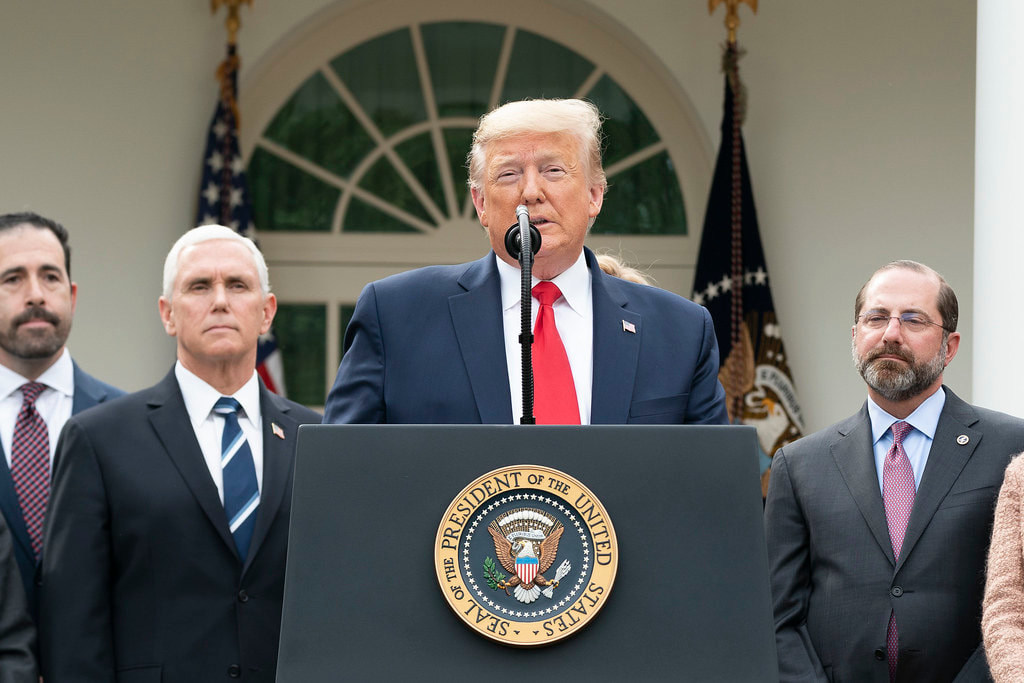|
Are you looking to get a green card through marriage in 2024? This comprehensive guide covers everything you need to know about the marriage green card process, requirements, and tips from experienced immigration attorneys.
1 Comment
The Islamic Revolutionary Guard Corps (IRGC), also known as Sepah, was designated as a terrorist organization by President Trump in April 2019. This designation carries serious immigration repercussions for Iranian males who did their mandatory military service with IRGC or Sepah. There are some distinctions and options depending on whether you are applying for a U.S. immigrant visa or nonimmigrant visa and whether you are applying from outside the United States at an embassy abroad or whether you are applying for an immigrant benefit from within the United States, such as adjustment of status or citizenship (N-400/Naturalization). This article discusses obstacles and strategies arising from a case involving an IRGC mandatory service.
The consular processing interview is a crucial step in the U.S. immigration process for Iranian applicants seeking a green card or nonimmigrant visa. Proper preparation can significantly increase your chances of success and reduce the stress associated with the process. In this article, we provide helpful tips and guidance for Iranian applicants to ensure they are well-prepared for their consular processing interview.
The I-130 Petition for Alien Relative is a critical step for Iranian citizens looking to bring their family members to the United States. This comprehensive guide will give you everything you need to know about the I-130 petition, including eligibility requirements, necessary documentation, and filing processes. By understanding the intricacies of the I-130 petition, Iranian applicants can better navigate the complexities of U.S. immigration law and increase their chances of a successful outcome.
The K-1 Fiancé Visa is a popular and well-known route for Iranian couples looking to unite in the United States. Obtaining a K-1 visa can be a complex and time-consuming process, but with the right preparation and guidance, it's possible to navigate it successfully. This article will provide you with the top tips for a successful K-1 Fiancé Visa application for Iranians, covering essential aspects of the process, common pitfalls, and best practices to follow.
The K-1 fiancé visa is a unique nonimmigrant visa that allows a foreign national to enter the United States with the intention of marrying their U.S. citizen fiancé. This visa is an excellent option for Iranian couples who wish to unite and start a life together in the United States. In this comprehensive guide, we will discuss the essential steps in the K-1 visa application process, eligibility requirements, supporting documentation, and important tips for a successful application.
As one of the best immigration law firm for Persian/Farsi-speaking clients, ImmigraTrust Law understands Iranians' unique challenges when navigating the U.S. visa process. One common goal for many of our clients is to bring their fiancé to the United States. The fiancé visa, also known as the K-1 visa, allows a U.S. citizen to sponsor their fiancé to come to the United States to get married.
In this article, we discuss the typical questions regarding fiancé visas and all you need to know when exploring a fiancé visa also known as a K-1 visa. You can feel confident and secure in applying for a fiancé visa after reading this article written by our best fiancé/K-1 visa immigration lawyers. In this guide, we cover these questions:
Are you a U.S. citizen or legal permanent resident (green card holder) who has a girlfriend, boyfriend, fiancé, husband or wife that is abroad? If you recently got engaged, planning on getting engaged, or getting married, congratulations! You have a lot of exciting things to plan. “What is the quickest way to get my fiancé to the United States?” is probably a top question on your list. As well as questions such as “Should we get married? Is the visa for marriage better compared to fiancé visa?”
Immigration Restrictions on International Students During COVID-19: Everything You Need to Know7/7/2020 On July 6, 2020, the Student and Exchange Visitor Program (SEVP) announced that it will no longer provide exemptions to international students to take online classes during the fall 2020 semester due to the Coronavirus (COVID) pandemic. Here is all you need to know about the new rule and how it might affect you.
(Update December 31, 2020: President Trump extended these restrictions to March 31, 2021.)
Yesterday, June 22nd, President Trump issued a new Presidential Proclamation suspending the entry of immigrants and some nonimmigrants (there are some exceptions, explained more below). Here is what you need to know about how this travel restriction and suspension may apply to you and your family and what you can do. (Update December 31, 2020: President Trump extended these restrictions to March 31, 2021.)
Yesterday, April 22, 2020, President Trump issued a new Presidential Proclamation stopping green card applications from abroad during the coronavirus (COVID-19) pandemic and economic downturn. Here is what you need to know about how this travel restriction and suspension may apply to you and your family and what you can do. |
PostsLatest posts and news from our top immigration lawyers Archives
June 2024
Categories
All
|
- Home
- 🗽TELL US ABOUT YOUR CASE
- About Us
- فارسی
- Book Online
- Reviews
-
Services
-
Visas
>
- Fiance (K-1)
- Extraordinary Ability (O)
- NAFTA Professionals (TN)
- Treaty Traders (E-1 Visa)
- Treaty Investors (E-2)
- Professional (H-1B)
- Visitors (B)
- Student (F-1)
- Intercompany Transfers (L-1)
- Religious Workers (R)
- International Organizations (G)
- Australian Professionals (E-3)
- Exchange Visitors (J)
- Cultural Exchange (Q)
- Diplomats (A)
- Trainees or Special Education Exchange Visitor (H-3)
- Journalists (I)
- Green Cards >
- Investors >
- Citizenship
- Employers >
- Mandamus Lawsuits for USCIS Delays ⚖️
-
Visas
>
- Blog
Trust in Us with Your Immigration Success! |
|
|
Immigration lawyer Najmeh Mahmoudjafari, Esq. (ImmigraTrust Law) represents immigration law clients nationwide (all 50 States), globally and also in and around Orange County, including: Costa Mesa | Corona del Mar | Cypress | Fountain Valley | Garden Grove | Huntington Beach | Irvine | Los Alamitos | Los Angeles | Mission Viejo | Newport Beach | Orange | San Diego | San Francisco | Santa Ana | Stanton | Tustin | Westminster
Disclaimer
The information provided on ImmigraTrust's website is for general informational purposes only and does not constitute legal advice. Every legal situation is unique; for specific advice tailored to your circumstances, please consult with a qualified attorney. Contacting ImmigraTrust Law through this website does not establish an attorney-client relationship. Please do not send any confidential information until such a relationship has been established in writing. |
©2024 by ImmigraTrust Law.














